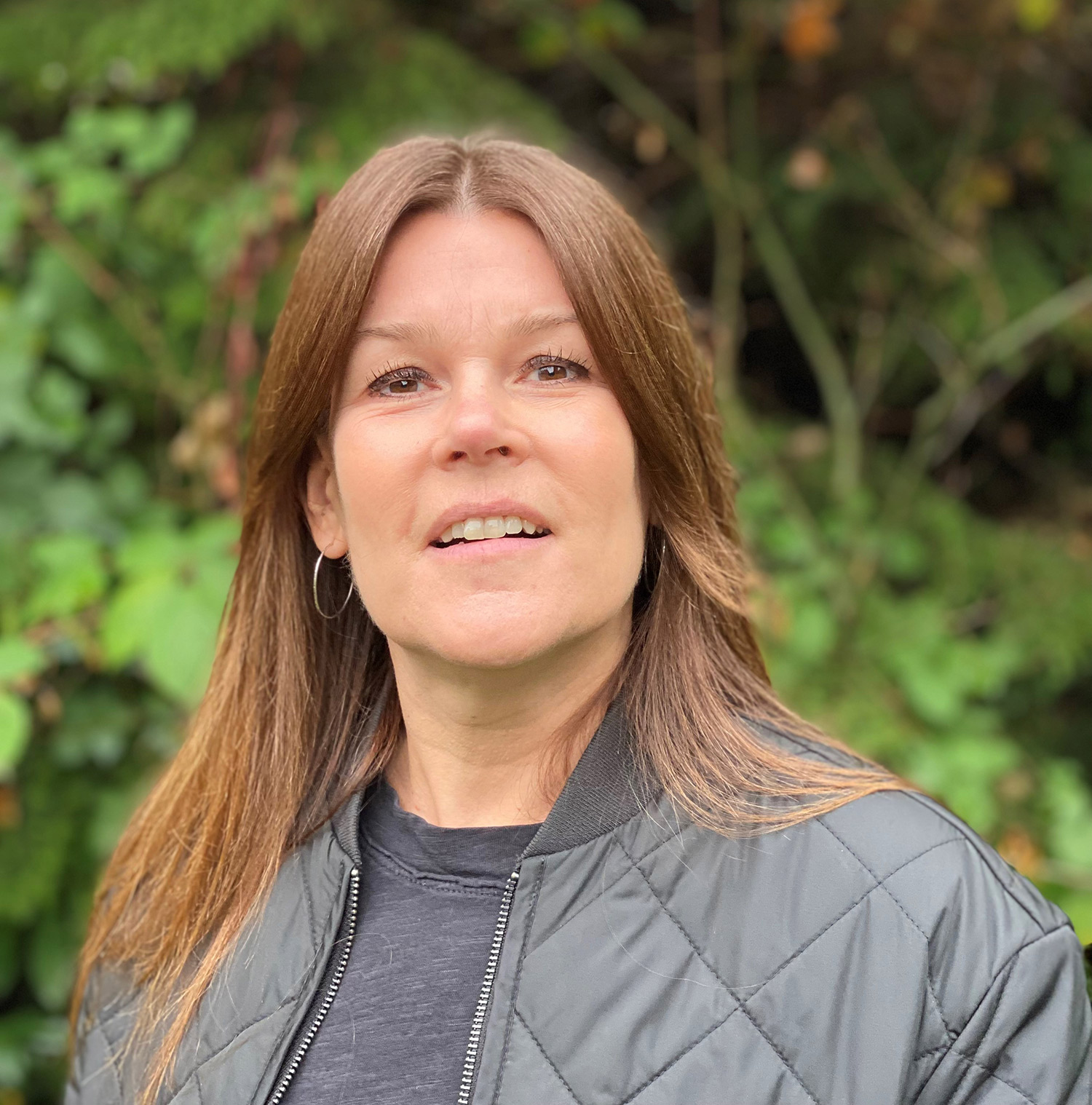A Collaborative Practice Facilitator is a neutral, independent third-party who helps to ensure the family’s cultural beliefs and practices are incorporated, as well as the views of the child. Collaborative Practice Meeting plans address the identified child protection issues, and the child’s safety, well-being and permanency.
What is your name and background.
My name is Tiffany Britton and I grew up in Northern Ontario. My family comes from Austria and the Ukraine on my mother’s side and Scotland and England on my father’s side. I grew up north of Sudbury, Ontario in the traditional and unceded territories of the Ojibwe and Anishinaabe Peoples. I have a Bachelor of Social Work and a Bachelor of Arts, where I studied international development.
How many years have you been with the agency.
I started with the agency as a casual employee in 2008, and became full-time in 2019 as a Child Protection Team Leader.
What brought you to VACFSS.
I took a First Nations studies course and I was introduced to the history of colonization and oppression of Indigenous Peoples. It was striking that the history of marginalization was similar to what I was studying internationally in “have not” countries. From that, I became an ally to the Indigenous community. I wanted to learn more about Indigenous history and culture. Whereas my interest in social work developed after being a “Big Sister”.
I started my career with another child welfare agency but eventually stepped down; I was disenchanted with their policies and practices. At VACFSS, not only the work really attracted me, but the staff are so caring and supportive. The workers are passionate about their families and the practice approach is restorative.
What is your current role at VACFSS.
I am a Collaborative Practice Facilitator and started this position in July 2021.
The collaborative process brings together the family and the Nation to plan for their children. It creates an environment where the family can support the parents and create safe plans for the children.
What made you want to change roles.
Child protection is an extremely difficult job in and of itself. In addition, the challenges that COVID-19 and the opioid crisis have raised for our families and social workers have been significant. I was burned out. Collaborative practice is uplifting and brings together the child’s circle. It gives the family the opportunity to plan.
It is heart warming to see that through Collaborative Practice, families can come together and be empowered to advance a plan for their children. I wanted to be a part of that.
What does the Collaborative Practice team do.
The collaborative practice team works alongside the social worker to assist in developing plans for the child(ren) and the family. We offer Family Finding, Family Case Planning Conferences and Family Group Conferences. While our role is neutral, oftentimes through working with the family and social worker, we support the work that they are doing and assist with developing next steps for both the social worker and the family. Our role is not to assess, direct or make decisions related to practice, but to bring the family and their supports together and support a plan that works for them.
What are some challenging aspects of your role.
After having spent several years in child protection, not providing direction related to mitigating the concerns is a personal challenge. Also, being new in the position, I have learned that completing a plan after one meeting is not always possible. Some families have been living in the urban centre for generations and may have lost some connection to their extended families and home communities which creates some challenges.
How does Collaborative Practice empower families.
The collaborative process brings together the family and the Nation to plan for their children. It creates an environment where the family can support the parents and create safe plans for the children. At times, parents are not aware that their family is there to support them. It also provides the family with the ability to develop a plan that they feel will be successful for them.
What do you most like about your role.
I enjoy supporting the social worker to develop plans for the child to be cared for by family so the child does not come into care. I also enjoy working with youth and children to help connect them with extended family and have them participate in the process.
What’s something most people don’t know about you.
I have spent time in my life being a teacher. I homeschooled my children when my family was on sabbatical in Switzerland and the United Kingdom. I also ran a science club for primary students to engage in hands-on science experiments to promote their love of science!










